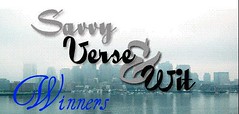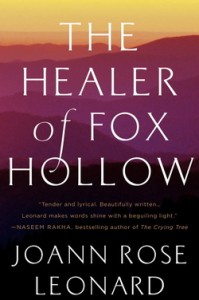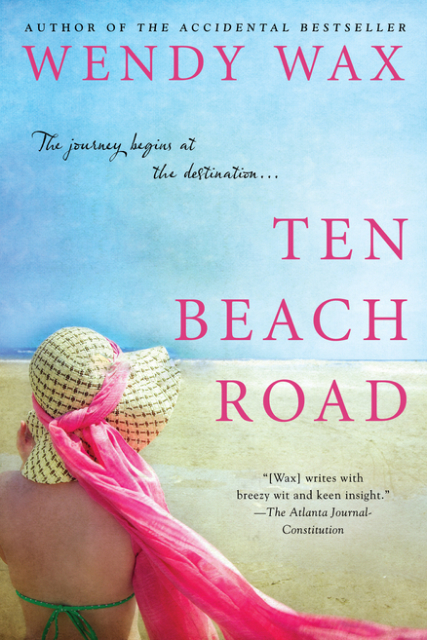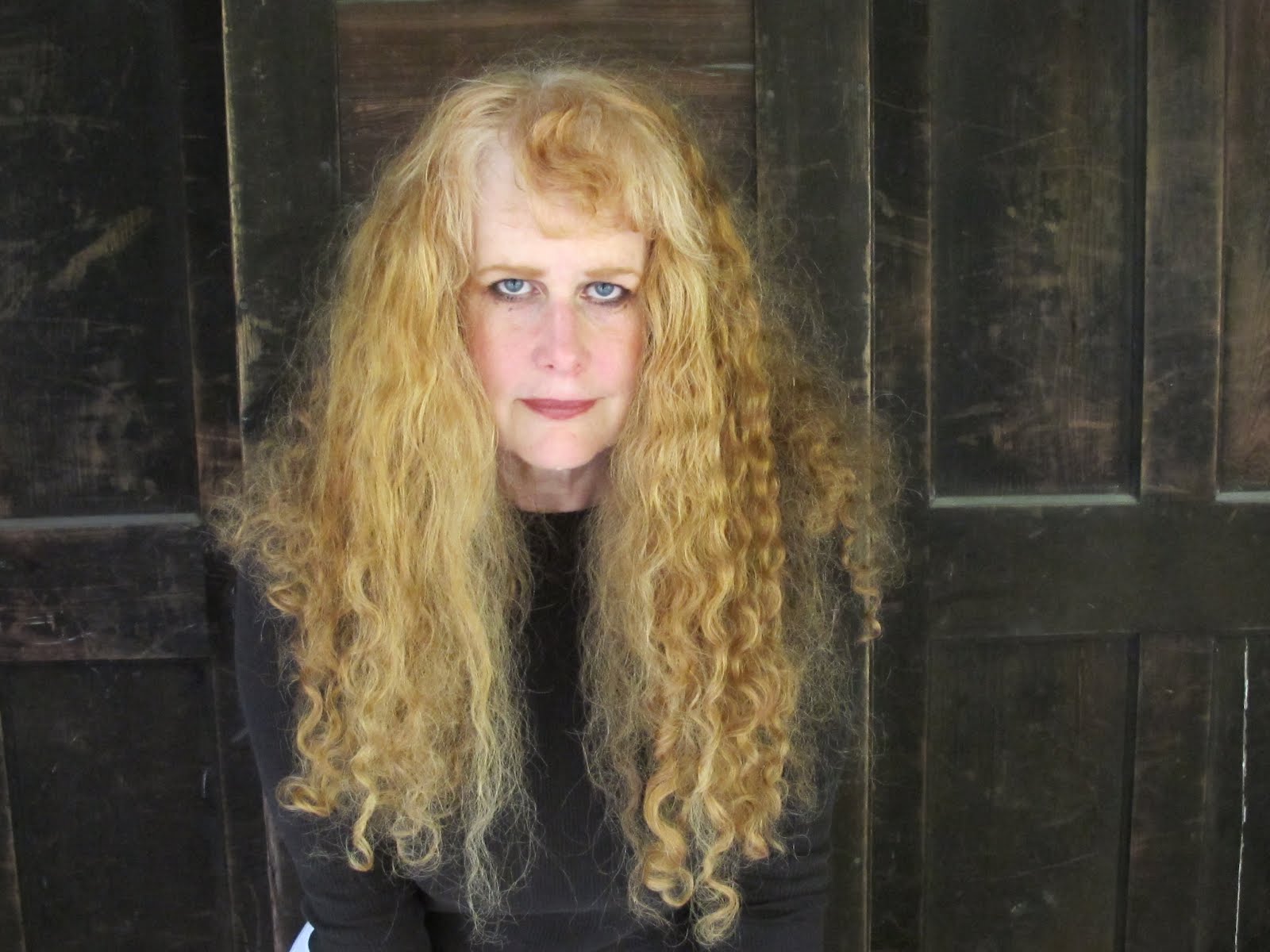Congrats to my recent winners:
The Healer of Fox Hollow by Joann Rose Leonard goes to Nan.
As Always, Jack by Emma Sweeney goes to Laura Hile of Jane Started It!
I hope everyone enjoys their books. If you like short stories go on over and enter the Enchantment by Thaisa Frank giveaway before it ends on Aug. 1, 2012.



 About the Author:
About the Author:

 About the Author:
About the Author:













